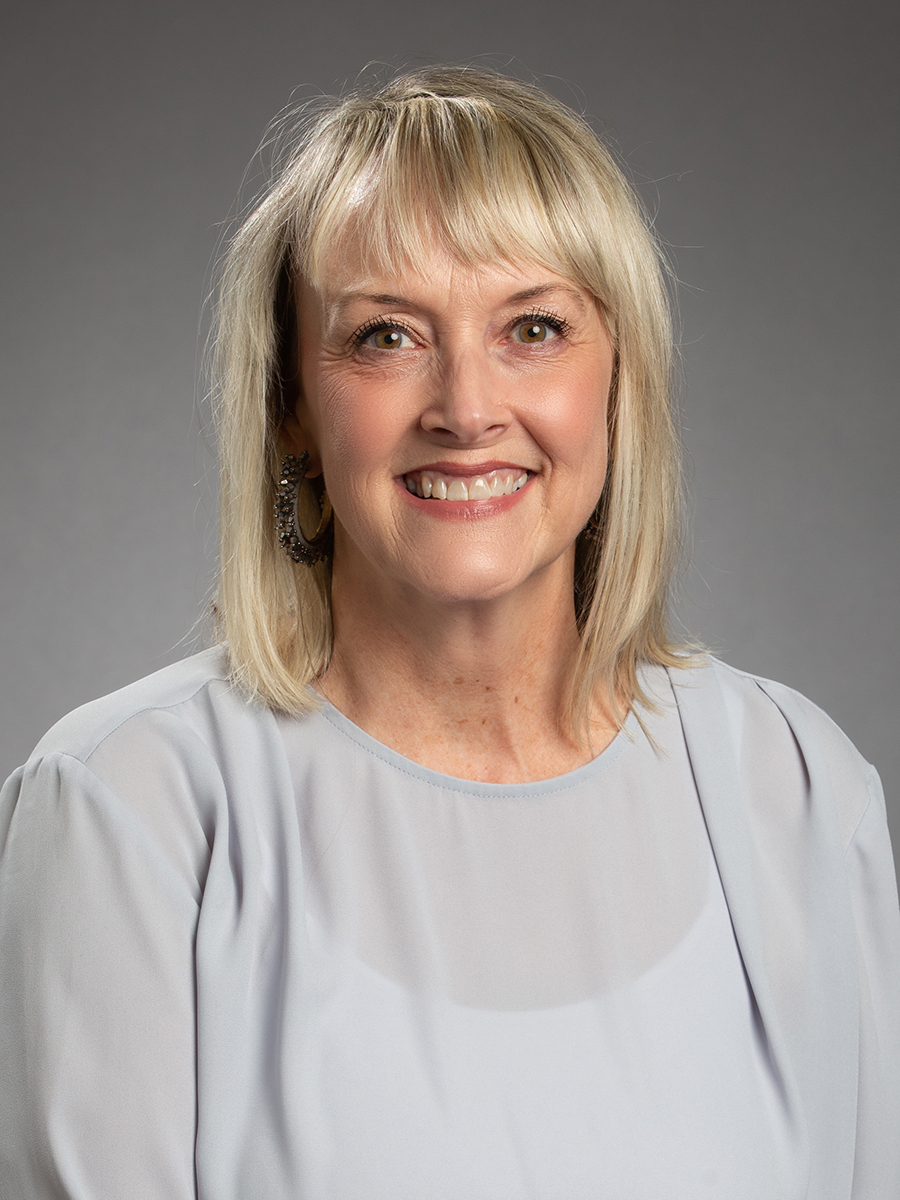The Division of Mental Health and Substance Use Services promotes the development of a comprehensive, coordinated system of community-based services for consumers diagnosed with serious mental illness and/or substance use disorders. The division partners with community providers to deliver a comprehensive array of evidence-based prevention, treatment and recovery-based peer support services throughout the state. Responsibilities encompass contracting for services, monitoring service contracts, as well as evaluating and certifying service programs according to regulations established in the Alabama Administrative Code. In addition, the division manages ADMH’s three mental health facilities: Bryce Hospital, Mary Starke Harper Geriatric Psychiatry Center, and Taylor Hardin Secure Medical Facility.
The Office of Certification conducts reviews of mental health and substance use community providers to secure compliance with the Program Operations Administrative Code. In addition to conducting onsite reviews, the staff provides technical assistance to providers to enhance compliance with the Administrative Code.
The Office of Certified Community Behavioral Health Clinics (CCBHC) is responsible for implementing a statewide transformation of Alabama’s Behavioral Health System using the CCBHC Model of Care. The office is responsible for providing systems change processes for Alabama’s current Community Mental Health Centers (CMHC). Following the Substance Abuse and Mental Health Services Administration’s (SAMHSA) CCBHC Criteria, this office provides training and technical assistance to certified 310 CMHCs in developing the readiness necessary for this transformation.
The Office of Child & Family Services (CFS) provides the necessary support to children, families, and communities statewide for Alabamians to attain optimal health, wellness, and independence. CFS provides resources across the lifespan to meet the needs of children, families, and communities. Services and supports include infant and early childhood, early intervention, substance use prevention, autism, developmental disabilities, mental health promotion, mental illness treatment, substance use treatment, and suicide prevention.
The Office of Deaf Services is responsible for developing and implementing programs that meet the linguistic and cultural needs of consumers who are deaf or hard of hearing. Deaf Services work to ensure that communication barriers are eliminated. Services are designed to be affirmative, supportive, and culturally competent.
The Office of Mental Illness Community Programs serves as the primary liaison between the department and community mental health providers. This office manages all aspects of mental health treatment by interacting with community providers. Coordination of mental health services includes ensuring quality programs exist for our priority populations of adults with Serious Mental Illness (SMI). This office ensures quality standards are met, the flow of funds and services are efficient, and requirements attached to federal funds are in place.
The Office of Peer Programs is managed by a consumer and provides information, technical support, and assistance to consumers and consumer organizations throughout the state. This office ensures that consumers have a voice in the ADMH planning process, management, and service delivery system. Each year more than 800 consumers attend the Alabama Recovery Conference to learn about timely issues, consumer empowerment, and self-advocacy.
The Office of Quality Improvement & Risk Management collects input related to patient care and outcomes from stakeholders and coordinates activities for performance improvement efforts across the facilities and certified community programs. QIRM measures indicators related to standards of care and consumer satisfaction in facilities and community programs to identify trends, problems, or opportunities for improvement.
The Office of Substance Use Treatment Services manages all aspects of substance use disorder treatment by interacting with community providers. Coordination of services includes ensuring quality programs exist for distinct populations such as adults, and persons with co-occurring disorders (mental illnesses and substance use disorders). This office also manages opioid treatment programs and prescribed Medicaid services.

Nicole Walden, Associate Commissioner
334-242-3642
Coordinating Subcommittees
Subcommittee meetings are normally held quarterly on the 2nd Wednesday of the scheduled month.
Mental Illness (MICS) and Substance Use (SACS) meetings are now combined for voting members. These Meetings are held from 1:30 p.m. - 3:30 p.m.
Contact tanisha.dorsey@mh.alabama.gov to request a Zoom meeting link.
Documents
All related documents (forms, guidelines, papers...etc.) can be found in the Documents Library
